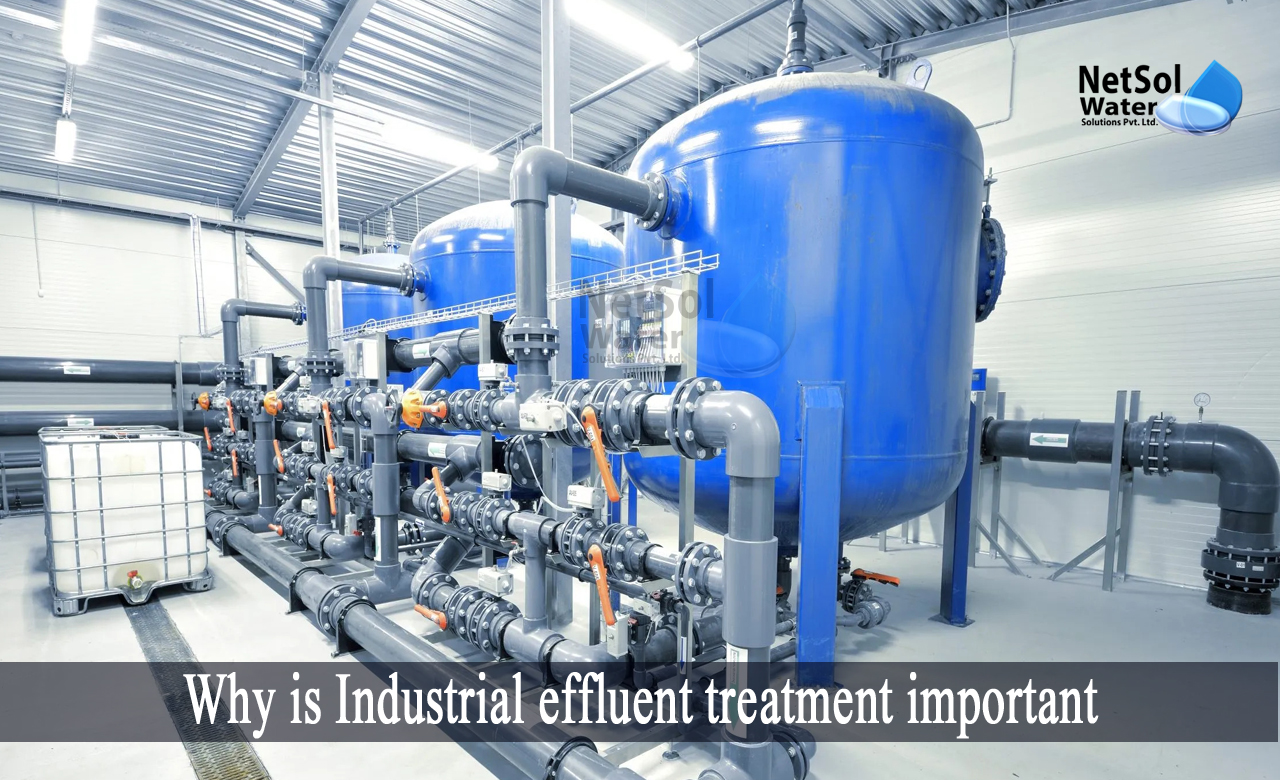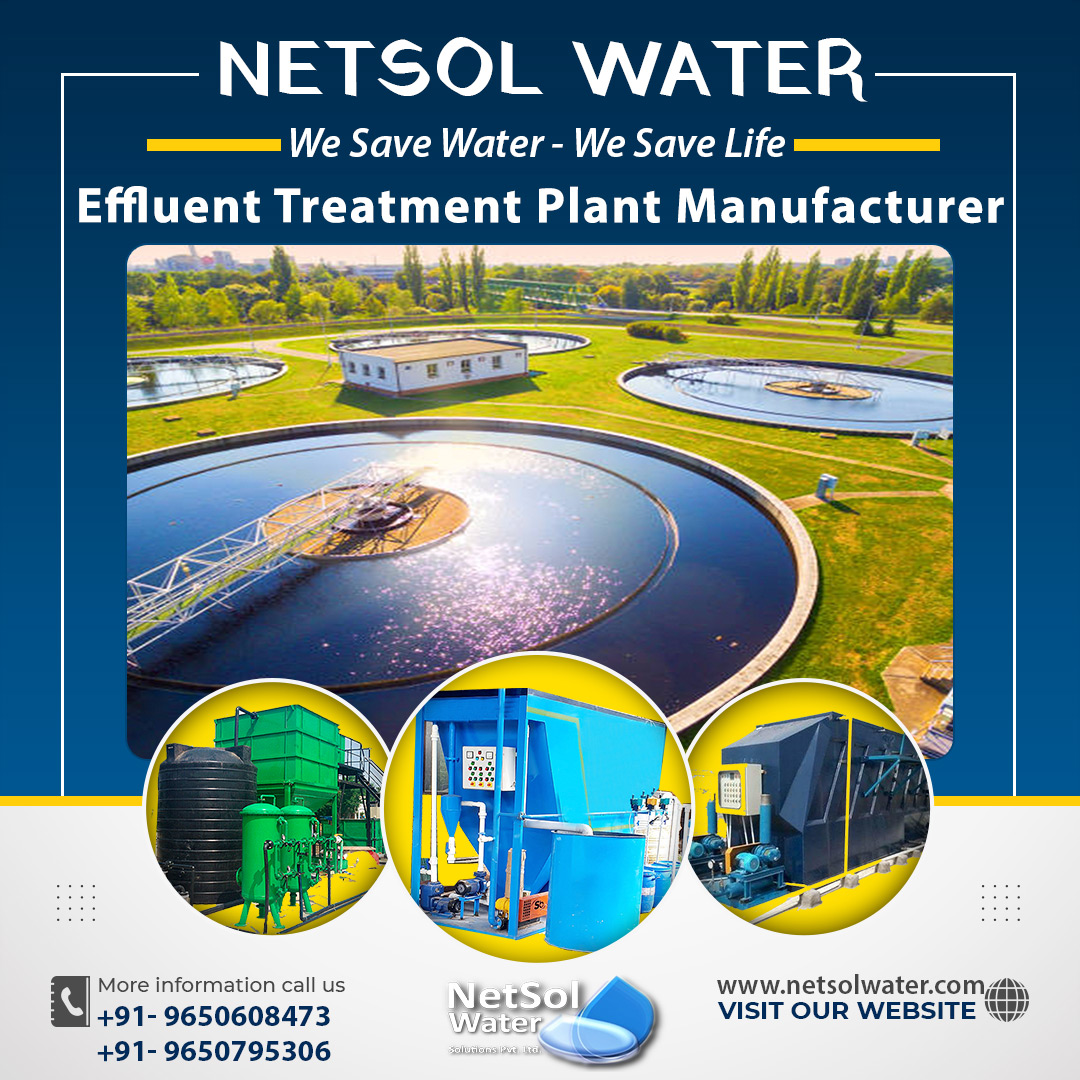Introduction
The industrial sector as a whole pollutes and abuse resources like water. Its excessive water usage and the production of waste, particularly wastewater, can have a long-term effect on the ecosystem. The use of water and the production of garbage both contribute, to the contamination of the air and groundwater, among other environmental problems.
Additionally, industrial activity often results in less mineral content in groundwater, and higher CO2 levels in the atmosphere. Even worse, the chemical alterations brought on by industrial effluent harm crop productivity and marine life.
So, it wouldn't be incorrect to claim that industrial wastewater treatment is no longer a choice, but rather a need!
Usage of fresh water
A significant amount of fresh water is being utilized for manufacturing and even for cooling processes, as a result of the fast expansion of various enterprises. The water, which goes through a technological procedure, is released into wetlands that pollute the environment.
Industrial effluent generation
Different industries produce different kinds of industrial waste, including the iron and steel industry, textile and leather factories, petrochemical and refineries, mining, metal, and paper and pulp factories, among others, which release highly polluting wastes like acids, salts, organic and inorganic chemicals, phenols, and other hazardous chemical substances.
Depending on the sophistication of the industrial technological process, the amount of industrial wastewater is released. Similar to the different features of industrial waste, the industrial wastewater treatment method is specifically created, to handle a specific type of generated effluent.
Why is Industrial effluent treatment important?
Water resources, particularly groundwater, are depleted as a result of excessive industrial water consumption. Additionally, industrial activities can produce wastewater that is contaminated with germs, which are dangerous to people, animals, and plants. It is frequently discovered that the wastewater is spilled across a sizable region, damaging the land.
Let us go through the benefits of treating industrial effluent:
· Treated effluent has multiple applications
Thermal power plants and agriculture both make extensive use of treated wastewater. Untreated wastewater may contain dangerous microorganisms, which pose serious health risks to people and other living things.
While, treating industrial wastewater, industrial effluent can therefore serve as an excellent alternative for groundwater, or other naturally occurring water supplies after being treated. Such treated wastewater can be useful for growing crops, horticulture, and gardening, among other things. Additionally, thermal power stations can utilize such water to remove fly ash, since it is thought to be safe and cost-effective.
· It saves water
Treated effluent is used in mines to purify mineral ores in addition to being utilized in agriculture, and the treatment of fly ash. Treated wastewater turns out to be the greatest substitute for groundwater, since cleaning the ores requires a lot of water.
In reality, it might be extremely important in addressing the global issue of water shortage.
· It helps in separating chemicals
Metals and natural compounds can be found in wastewater. These elements must be taken out of treated wastewater, before it is used in different industrial processes. For instance, wastewater is produced by iron and steel industries as part of their industrial activities.
Additionally, the mining industry separates materials like coal from rocks, mud, and sand using treated wastewater.
· It protects the environment
Industrial wastewater may lead to a number of environmental risks, such as biotic life being impacted and agricultural productivity being affected. Additionally, industrial wastewater that contains oil and harmful gases not only harms the environment, but also contributes to a number of diseases that have a negative impact on human health.
Unfortunately, most industries don't give wastewater treatment and disposal any thought, which has an impact on both human and marine life health. However, industrial effluent may be treated and made useable with the help of contemporary technology.
Conclusion
The removal of contaminants from industrial effluent, which interferes with biological processes, is facilitated by industrial wastewater treatment.
Choose a firm that offers the best industrial effluent treatment, now that you are aware of how crucial it is to treat industrial wastewater. Netsol Water provides premium services for water and wastewater treatment at competitive prices.




